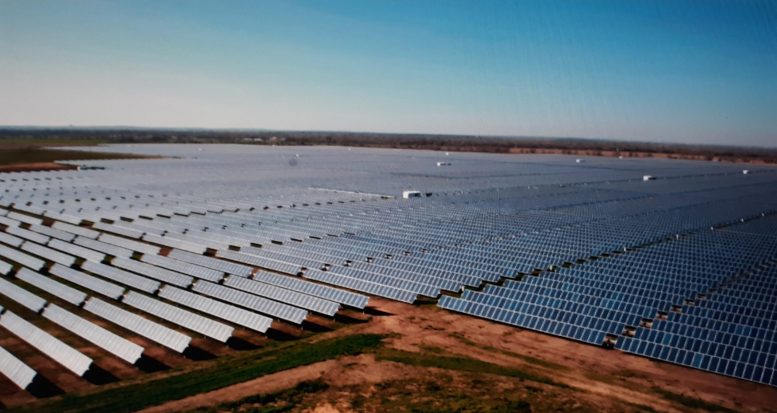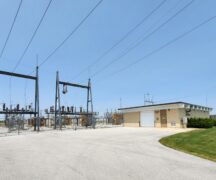By JAN LARSON McLAUGHLIN
BG Independent News
The new solar field planned near Weston has created a dilemma for Bowling Green.
Bowling Green’s public utilities office got word last week that the Juliet Solar Project near Weston will be using the city’s transmission lines to get its power onto the wholesale grid. But Bowling Green’s current lines can’t handle the extra power that will be generated by the 101 MW solar field.
On Monday evening, Director of Public Utilities Brian O’Connell explained the issue.
The city is required to give access to the grid to any independent power producers – in this case, BP Solar which will operate the 670-acre solar site west of Bowling Green.
The new solar field will connect to First Energy’s transmission system, also known as the American Transmission System Inc. A feasibility study identified improvements that will be required on the city’s transmission lines between its West Poe Road substation and its West Gypsy Lane Road substation.
Without improvements, the power generated by the solar field would overload the lines that go around the city, O’Connell said.
To correct the overload issue, the lines between the substations will need a larger capacity conductor.
The study did not provide a cost estimate for the improvements – but the independent power producer typically pays for the upgrades, O’Connell said.
“This is somewhat new territory for us,” he said.
On Monday evening, the board of public utilities voted to enter an agreement with AMP Transmission to represent the city in the facilities study and preliminary engineering work, and to get reimbursement for the expense from BP Solar.
The new solar site was just approved by the Ohio Power Siting Board last week. O’Connell said the city has been told BP Solar wants to hold a “kickoff meeting” before the end of this year.
“Our interests are going to be protecting our system” from failures that affect local customers, and avoiding any expenses for the improvements being made solely for the Juliet Solar Project, O’Connell said.
Also at Monday’s meeting, the utilities board approved revisions to the city’s policy on late utility payments. The changes include:
- Simplify the language for customers and staff.
- Eliminate the late payment charges in December. This month can be difficult financially for customers due to the holidays. Also, customers have reported delays with the U.S. mail delivery have caused them to incur late payment charges. Mail delays seem to be worse in December due to increased mail volume. The customers may receive their bills later than normal which does not give them time to pay the bill, or the city may receive the mailed payment later than normal.
- Add language to incorporate a longstanding office practice of waiving one late payment penalty per year, but revise it to waiving one late payment penalty in a 12-month period.





